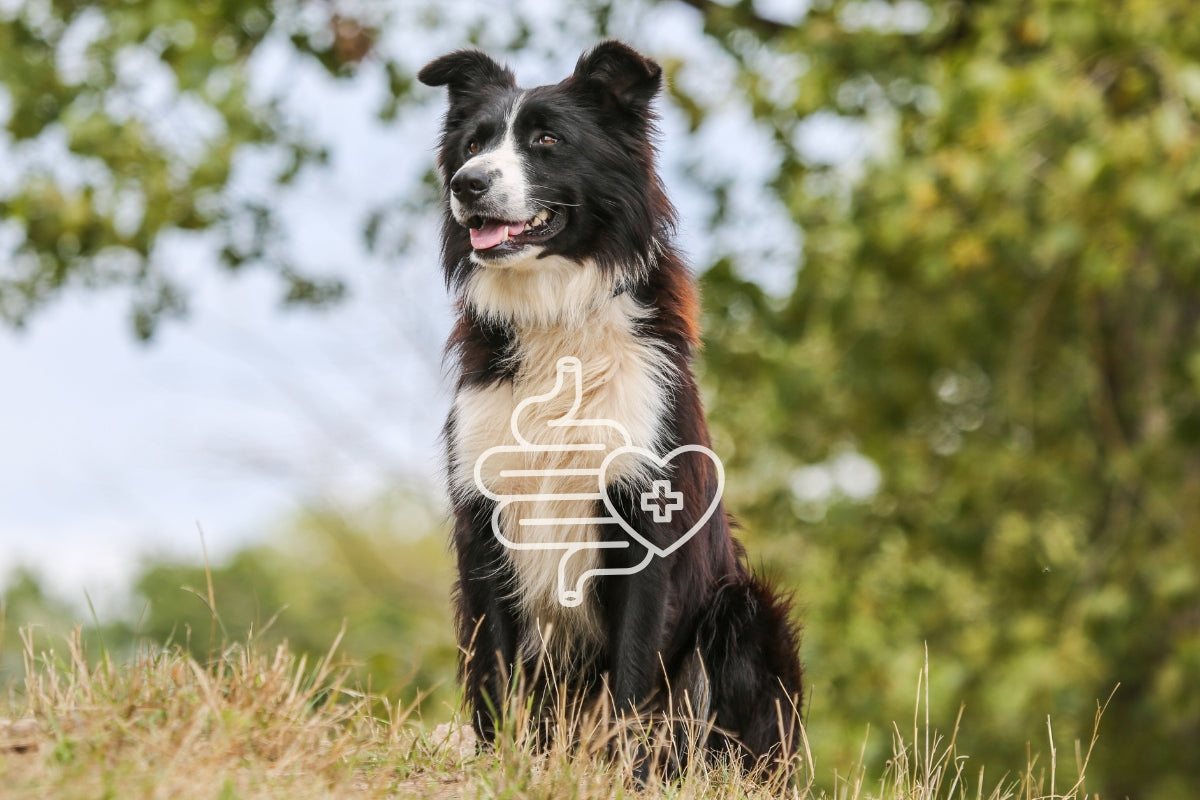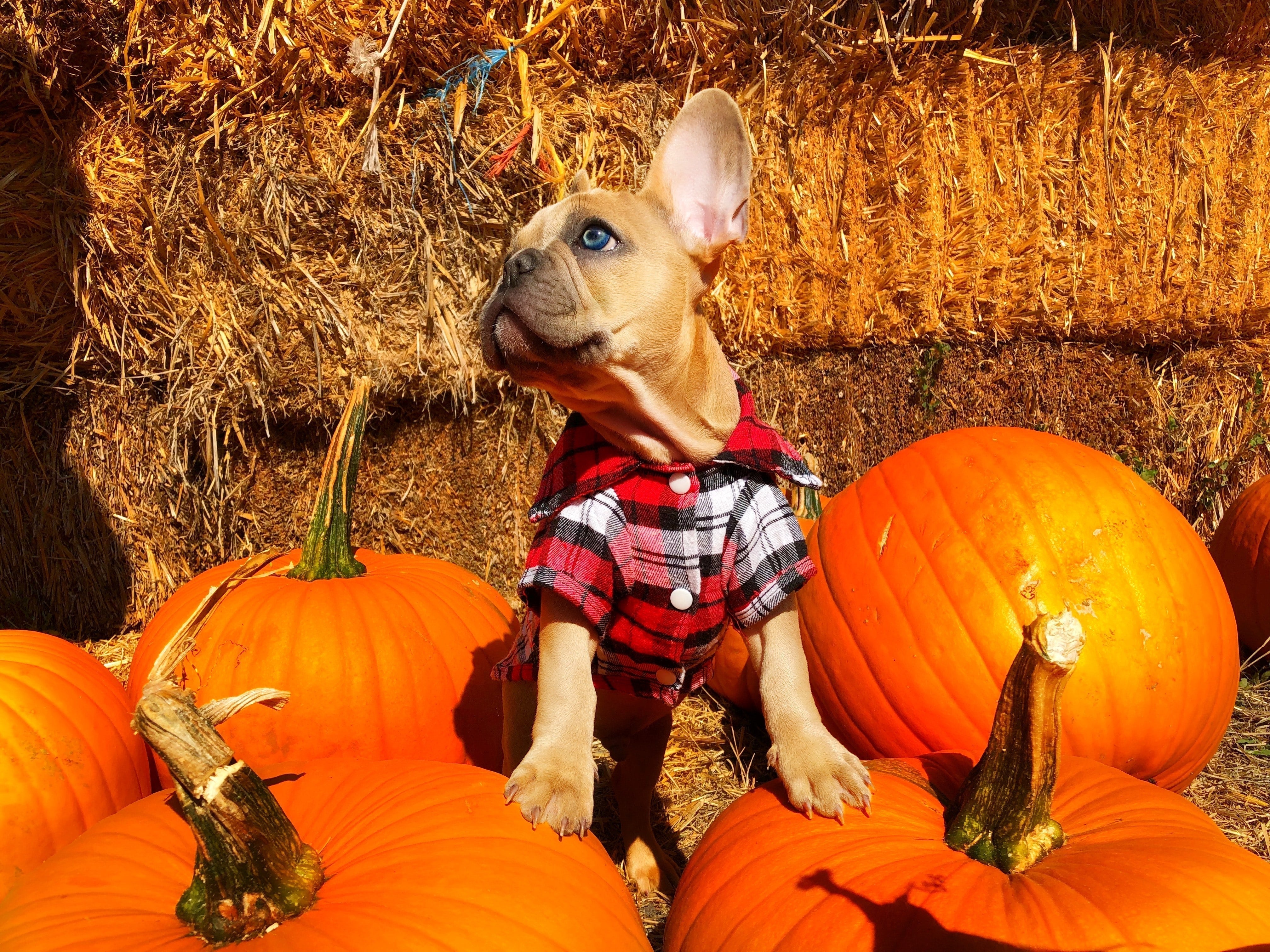Your dog’s tummy is more than just a food processor. It’s a complex hub that plays a massive role not only in digestion but also in immune function, nutrient absorption and even mood regulation. When your dog’s gut health is off, it can affect their entire body and often, they’ll show signs that something’s not quite right. Spotting the signs of poor gut health early can help you take action before small problems turn into bigger ones.
Signs your dog’s gut health may be off balance
Upset stomach
Vomiting, diarrhoea or constipation are some of the clearest signs that your dog’s digestive system isn’t working as it should. Occasional tummy upsets can happen, but if your dog is regularly having issues, it could point to an imbalance in the gut.
Excessive gas
Every dog lets out a cheeky fart now and then, but constant gassiness or foul-smelling wind isn’t normal. It can indicate poor digestion or an overgrowth of bad bacteria in the gut.
Changes in appetite
A sudden increase or decrease in appetite might be linked to gut issues. If your dog’s no longer interested in food or suddenly acting ravenous all the time, their gut may not be functioning properly.
Dull coat or skin problems
Believe it or not, gut health affects your dog’s skin and coat. A shiny coat and healthy skin usually mean the gut is absorbing nutrients properly. If your dog’s coat is dull, flaky or their skin is itchy and irritated, it might be time to check their digestive health.
Low energy or lethargy
When a dog’s gut isn’t happy, they can feel sluggish or tired more often. It’s not just about digestion, the gut helps fuel the whole body. So if your usually bouncy pup seems out of sorts, it could be more than just a bad day.
Unhealthy poos
Healthy dog poo should be firm and easy to pick up. If it’s too soft, very hard, unusually smelly or contains mucus or blood, it may signal a gut imbalance.
Frequent itching or ear infections
Chronic itching, especially without fleas or repeated ear infections might be linked to food intolerances or poor gut health. The gut and immune system are closely connected, when one’s off, the other often follows.
Bad breath
We all expect a bit of doggy breath now and then, but if it’s really bad, it could be a sign of an underlying issue. Poor gut health can lead to excess bacteria that affect your dog’s breath and oral hygiene.
Tip: For fresher breath, try Clean Teeth Dog Toothpaste - it gently cleans (without brushing) your dog’s teeth while helping to keep bad breath under control.
What can you do about it?
If you notice any of these signs, it’s worth having a chat with your vet. They may suggest dietary changes, Probiotics or tests to get to the root of the issue.
You can also support your dog’s gut health at home by:
- Feeding a balanced, high-quality diet
- Including dog-safe Probiotics or digestion supplement
- Avoiding unnecessary antibiotics
- Making sure they get enough exercise and water
- Reducing stress, as anxiety can impact digestion




Leave a comment
This site is protected by hCaptcha and the hCaptcha Privacy Policy and Terms of Service apply.